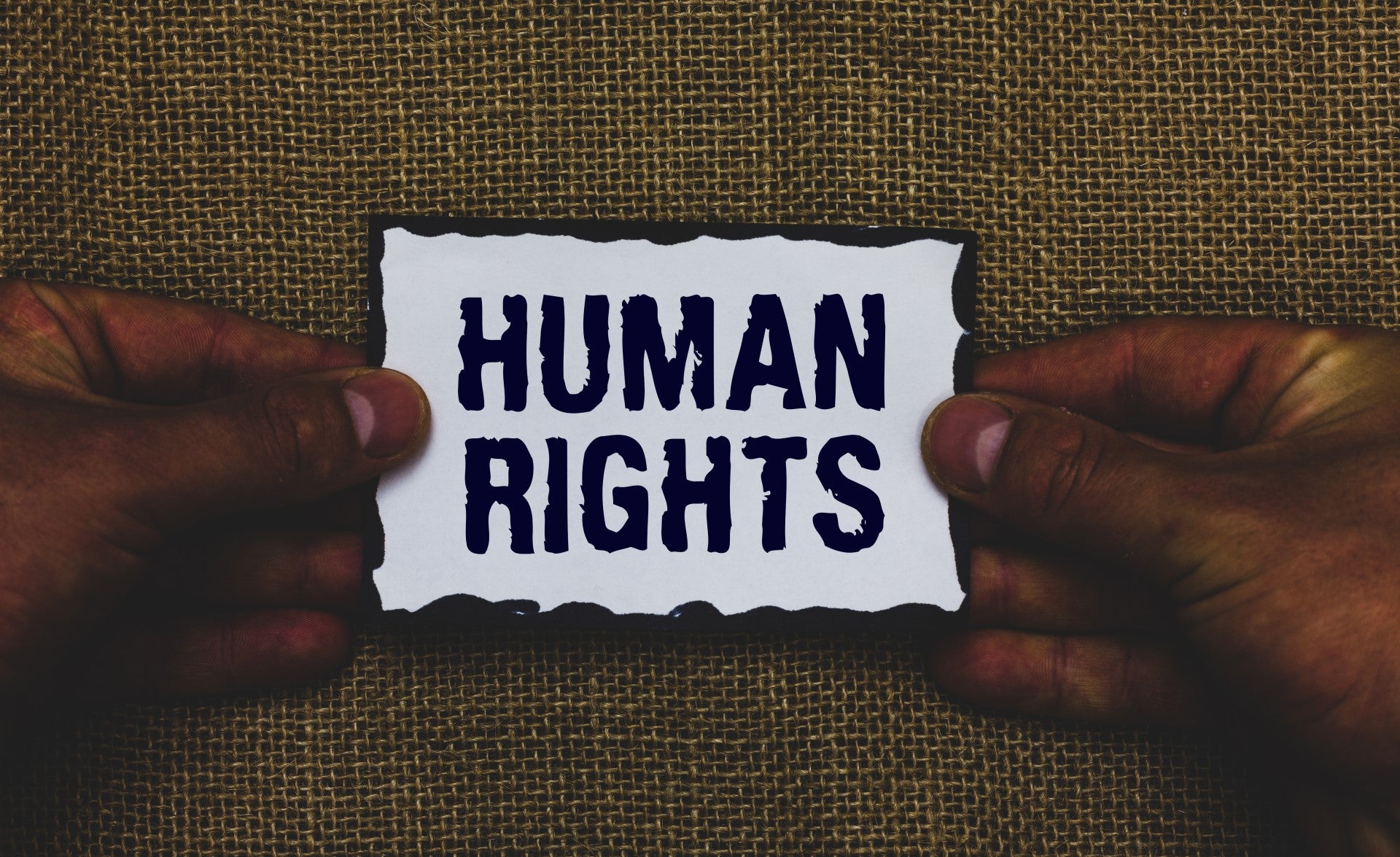Introduction
When discussing the origin of human rights, the Founding Fathers' conviction that these rights were endowed by their Creator as stated in the Declaration of Independence is a pivotal starting point. This belief that all men are created equal and endowed with unalienable rights was not just an assertion, but an ideal that would set the stage for the American experiment. However, it is important to recognize that while this principle was enshrined in one of our nation's founding documents, achieving true equality remained an ongoing struggle throughout history. This article will explore the Founding Fathers' perspective on the aspiration for equality and the contrast between God-given human rights and the divine right of kings, as expressed through their own words.
Striving for Equality: The Ongoing Journey
While the Declaration of Independence proclaimed that all men are created equal, it is essential to acknowledge that this statement did not immediately translate into real equality for all individuals in America. At the time of the Founding, the institution of slavery persisted, and women were denied many basic rights. The Founding Fathers, though espousing the principle of equality, were products of their time and society, grappling with the complexities of these contradictions.
Thomas Jefferson himself, the principal author of the Declaration, was a slaveholder, which has led to criticism and scrutiny of the apparent incongruity between his words and actions. Despite the ideal of equality, it would take decades and significant societal upheaval before slavery was abolished and substantial progress was made in the pursuit of civil rights for all.
Throughout history, the United States has continually strived to live up to the ideals set forth by the Founding Fathers, working to overcome systemic inequalities and discriminatory practices. The ongoing pursuit of equality remains a central theme in American society, emphasizing the dynamic and aspirational nature of the nation's founding principles.
God-Given Human Rights vs. Divine Right of Kings
The distinction between God-given human rights and the divine right of kings was a crucial aspect of the Founding Fathers' philosophical framework. They sought to reject the idea of a monarch with absolute authority, claiming divine authority to rule over the people without any accountability. Instead, the Founders championed the concept of natural rights endowed by a higher power, which neither governments nor kings could legitimately infringe upon.
In 1765, Benjamin Franklin highlighted this critical distinction by invoking the historical precedent of John Hampden's legal battle with Charles I of England. Franklin stated, "Have you then forgotten the incontestable principle which was the foundation of Hampden's glorious lawsuit with Charles the First, that 'what an English king has no right to demand, an English subject has a right to refuse'?" (Smyth 8:444). This reference to Hampden's struggle against the oppressive demands of a monarch underscored the idea that the rights of individuals were not subject to the whims of kings, but derived from a higher authority, making them inviolable.
John Hampden's case against Charles I was a pivotal moment in the history of English constitutionalism, wherein he resisted paying an arbitrary tax, asserting that it was unlawful without parliamentary consent. This principle that subjects had the right to refuse demands that the king had no legitimate authority to make served as a foundation for the American colonists' arguments against British oppression.
John Adams, one of the key figures in the American Revolution and later the second President of the United States, eloquently articulated this difference, saying:
"Government is instituted for the common good; for the protection, safety, prosperity, and happiness of the people; and not for the profit, honor, or private interest of any one man, family, or class of men; therefore, the people alone have an incontestable, unalienable, and indefeasible right to institute government; and to reform, alter, or totally change the same when their protection, safety, prosperity, and happiness require it."
Adams' words highlight that the legitimacy of government emanates from the people themselves and is not granted through divine appointment. This concept significantly shaped the foundation of the American republic, where authority was derived from the consent of the governed rather than the mandate of a divine ruler.
The Founding Fathers' views on human rights were a rejection of the notion that a king's authority came directly from God, endowing them with absolute power. Instead, they contended that governments should exist to secure the natural rights of individuals and promote the common welfare, recognizing that the just powers of government derive from the consent of the governed.
Conclusion
The Founding Fathers' belief in God-given human rights, as articulated in the Declaration of Independence, laid the groundwork for the principles on which the United States was founded. While this ideal of equality for all was not immediately realized and has been a work in progress, it remains a fundamental aspiration that continues to shape American society. The rejection of the divine right of kings and the embrace of God-given human rights established a radical new approach to governance, where the power of the state was derived from the consent of the governed. The ongoing pursuit of equality and the safeguarding of unalienable rights are reminders of the enduring relevance of the Founding Fathers' vision in shaping the American experience. Benjamin Franklin's reference to John Hampden's lawsuit further emphasizes the long-standing historical struggle against oppressive authority and the inalienable rights of individuals.


6 comments
Robert Berger
As the French Revolution’s Vendee Genocide shows this difference is the greatest difference and illstrates that their were multiple Enlighenments. The French attacked religion, The British/American elevated religion
Even Solzhenitsyn agrees judging by the speech he gave to commemorate victims in the Vendee
The Roads to Modernity: The British, French, and American Enlightenments
by Gertrude Himmelfarb